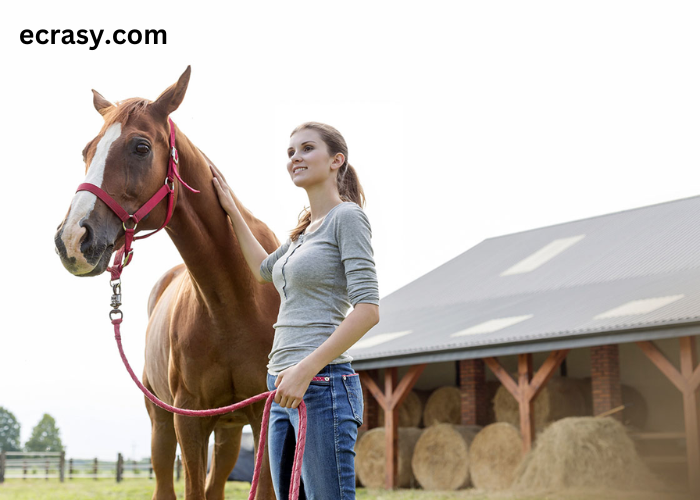Owning a horse is not just a hobby; it’s a responsibility and a commitment. These majestic creatures require diligent care to ensure they lead healthy and fulfilling lives. Whether you’re a seasoned equestrian or a first-time horse owner, understanding the fundamentals of horse care is essential. In this article, we’ll explore some key tips for keeping your equine friend happy and healthy. Explore a wide range of courses on casa design, architecture, and construction. Enroll now to enhance your skills and knowledge in the field.
-
Nutrition:
Proper nutrition is the cornerstone of equine health. Horses are herbivores, and their digestive systems are designed for grazing on grass and other fibrous plants. A balanced diet should consist primarily of high-quality hay or pasture, supplemented with grains, vitamins, and minerals as needed. It’s crucial to consult with a veterinarian or equine nutritionist to develop a diet tailored to your horse’s individual needs, taking into account factors such as age, weight, activity level, and any existing health conditions.
-
Hydration:
Like all living beings, horses require access to clean, fresh water at all times. Dehydration can lead to serious health issues, so it’s essential to ensure your horse has access to clean water sources, especially during hot weather or periods of strenuous activity. Monitor your horse’s water intake regularly and be proactive in addressing any signs of dehydration, such as lethargy, dark urine, or sunken eyes.
-
Shelter:
Horses need shelter from the elements to stay comfortable and healthy. Whether it’s a sturdy barn or a simple run-in shed, providing adequate shelter protects horses from extreme temperatures, precipitation, and harsh winds. Additionally, proper ventilation is essential to prevent respiratory issues and maintain good air quality within the shelter.
-
Exercise:
Regular exercise is vital for maintaining your horse’s physical and mental well-being. Aim for a balanced exercise routine that includes both turnout time in a spacious paddock or pasture and structured workouts such as riding or lunging. Exercise helps prevent obesity, promotes muscle development, and stimulates mental engagement, reducing the risk of behavioral problems and boredom-related vices.
-
Veterinary Care:
Routine veterinary care is essential for keeping your horse healthy and detecting any potential health issues early on. Schedule regular check-ups with a qualified equine veterinarian for vaccinations, dental exams, deworming, and overall health assessments. Promptly address any signs of illness or injury, and establish a good relationship with a trusted veterinarian who can provide expert guidance and care.
-
Grooming:
Regular grooming not only keeps your horse looking clean and presentable but also promotes skin and coat health. Brushing removes dirt, sweat, and dead hair, preventing skin irritation and matting. Pay close attention to sensitive areas such as the mane, tail, and hooves, and invest in quality grooming tools to make the process efficient and enjoyable for both you and your horse.
Conclusion:
Caring for a horse is a rewarding but demanding responsibility that requires dedication, knowledge, and a genuine love for these magnificent animals. By following these essential tips for horse care, you can ensure that your equine friend enjoys a happy, healthy life for years to come. Remember, each horse is unique, so always be attentive to your horse’s individual needs and preferences, and never hesitate to seek professional advice when necessary. With proper care and attention, your horse will thrive as a cherished companion and partner in adventure.
